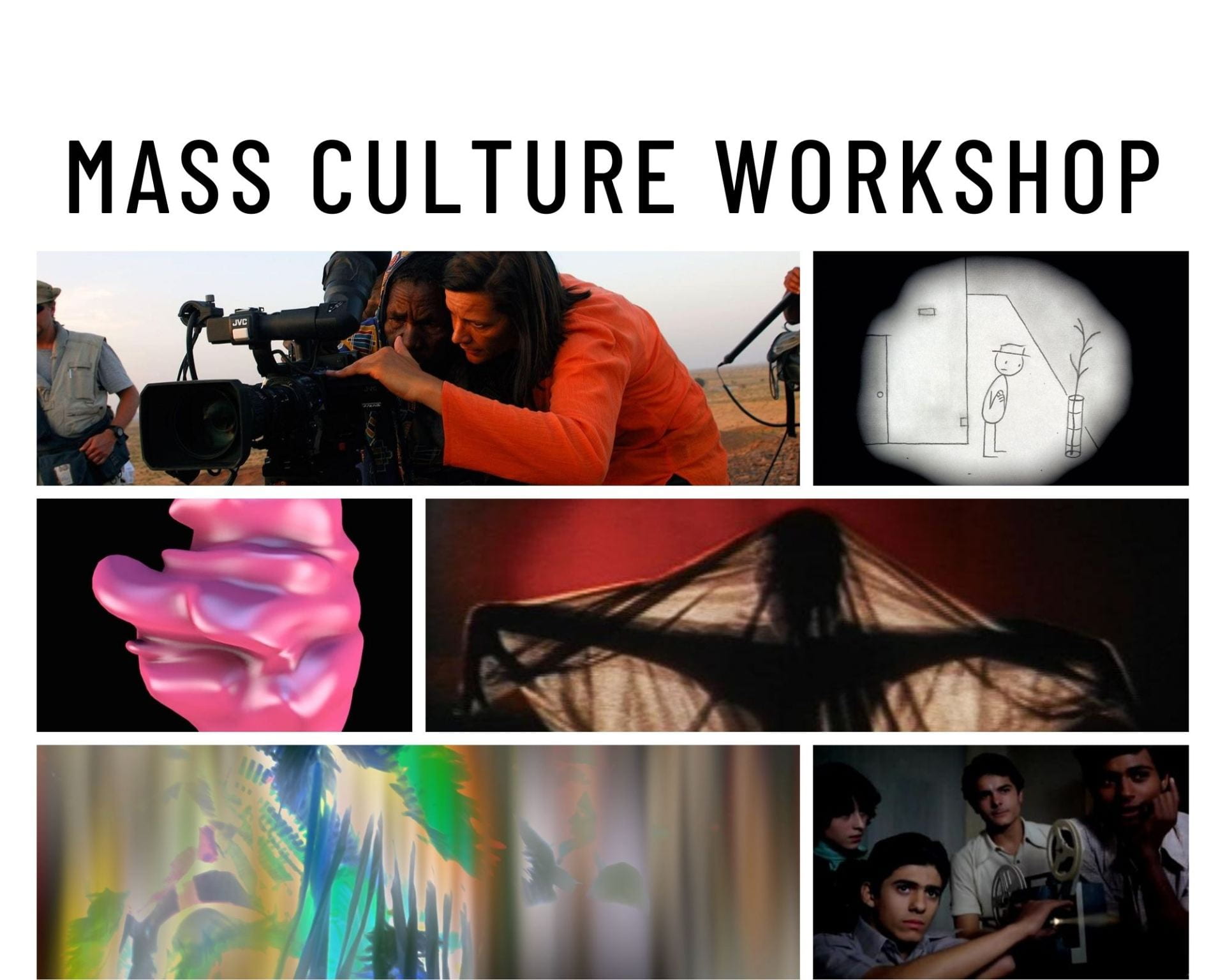Please join us on Friday, March 3rd at 10AM in Cobb 311 for our final Winter Quarter meeting of the Mass Culture Workshop. This time, we welcome Pedro Noel Doreste, PhD Student in Cinema and Media Studies. Pedro will be presenting an article draft titled “Revolutionary Exceptions: Reception of The Godfather Films in Cuba.”
Pedro’s paper is available for download here.
Please email either Katerina Korola [katerinakorola@uchicago.edu] or Dave Burnham [burnham@uchicago.edu] for the password.
Refreshments will be provided.
We look forward to seeing you at the workshop!
Your coordinators,
Katerina Korola and Dave Burnham
_________________________________________________________________________________
“Revolutionary Exceptions: Reception of The Godfather Films in Cuba”
The paper revisits the conditions under which Cuba illicitly acquired and widely exhibited Francis Ford Coppola’s The Godfather I and later II in the 1970s. After having previously banned American media in the years directly following the Revolution, the Cuban Film Institute surprisingly saw fit to exhibit a Hollywood picture under the constraints of the blockade and at the height of the Cold War in the mid-1970s. To justify breaking with the self-imposed boycott of contemporary Hollywood films—then considered anti-intellectual in nature and incompatible with revolutionary ideals—Cuban cultural workers endeavored to construct a unified hermeneutics among their readers that understood the Mafia as a singularly American problem and the Godfather films as faithful representations of this phenomenon. Blurring the boundaries between private enterprise, organized crime, and the U.S. government, the films would become two of the most popular ever to be screened in the island. The reception of The Godfather films indicates that piracy would also become a point of pride and willful misinterpretation a manner of active resistance to cultural imperialism. The purpose of this study is to identify the sites of exchange, discourse, or even mutual infiltration by two competing, ideologically incompatible cultures, and speculate further as to the role of criticism in determining why certain pieces of media thrive where they do not belong.
